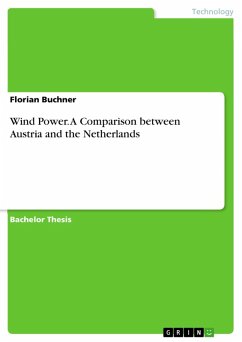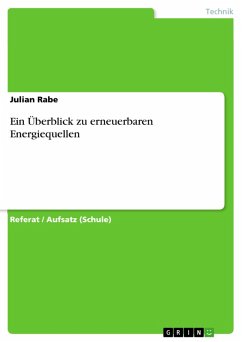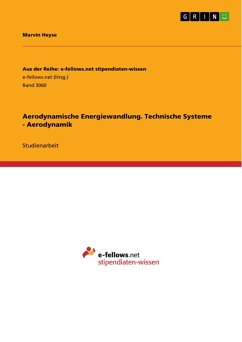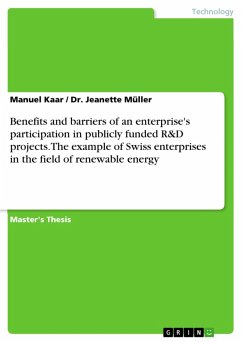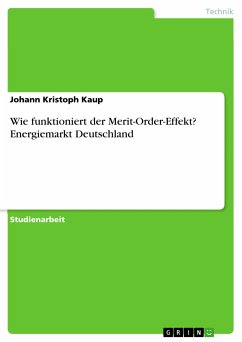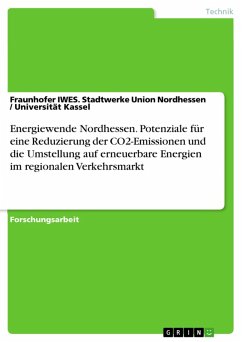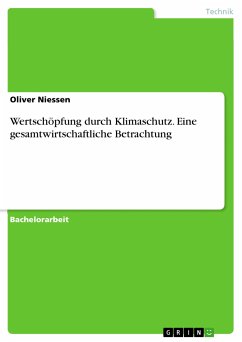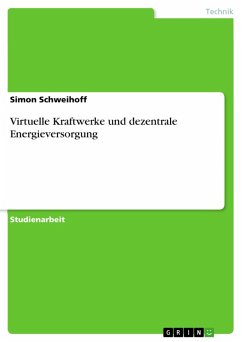Bachelor Thesis from the year 2009 in the subject Energy Sciences, grade: 2,0, University of Graz (URBI), course: Energiewirtschaft, language: English, abstract: Fossil fuels are essential for energy purposes in the world. About 80% (91,000 TWh) of the total primary energy supply and 64% (9400 TWh) of the electricity generation were produced with gas, oil and coal in 1999 (Jacobsson/Bergek, 2004: 815). However, this dominance is in context of clear environmental and climate challenges. The burning of fossil fuels is the main source of carbon dioxide emissions and it is growing with a rate of 0.5% per year. Moreover, due to the fact that those fuels are finite, it will become more difficult and more expensive to pursue an economical exploitation of these resources (Agterbosch, 2006: 13-14). The European Union is going to implement and to enhance renewable energy technologies in order to secure energy supplies and to reduce dependence (about 54% of primary energy consumption in 2005 was imported, in 2000: 51%; EEA, 2008). For this purpose a comprehensive climate change package (20/20/20 by 2020: Europe`s climate change and energy package) was introduced in 2008 (EP, 2008). According to this program each Member State of the EU has received legally binding targets to reach the 20% share of renewable energy in the EU`s overall energy consumption till 2020 (EEP, 2008a; EEP, 2008b). Consequently, the government of each Member State is trying to stimulate with various measures and efforts the development and use of renewable energy. This paper investigates the institutional and social conditions, which are responsible for the successful (and failed respectively) implementation of renewable electricity technologies of two Member States of the EU, Austria and the Netherlands. It focuses on wind energy for electricity generation, analyses the evolution of the wind power supply market and examines the liberalisation of the electricity market in both countries. The main objects of this thesis are: . To investigate the way of each government, in how to boost and to enhance renewable (wind) energy in its country in the last decades. . To contrast the assets with the drawbacks of each wind power policy. And, based on these insights, . To analyse, how comparative are those ways and which instrument is recommendable for the other country.
Dieser Download kann aus rechtlichen Gründen nur mit Rechnungsadresse in A, B, BG, CY, CZ, D, DK, EW, E, FIN, F, GR, HR, H, IRL, I, LT, L, LR, M, NL, PL, P, R, S, SLO, SK ausgeliefert werden.

